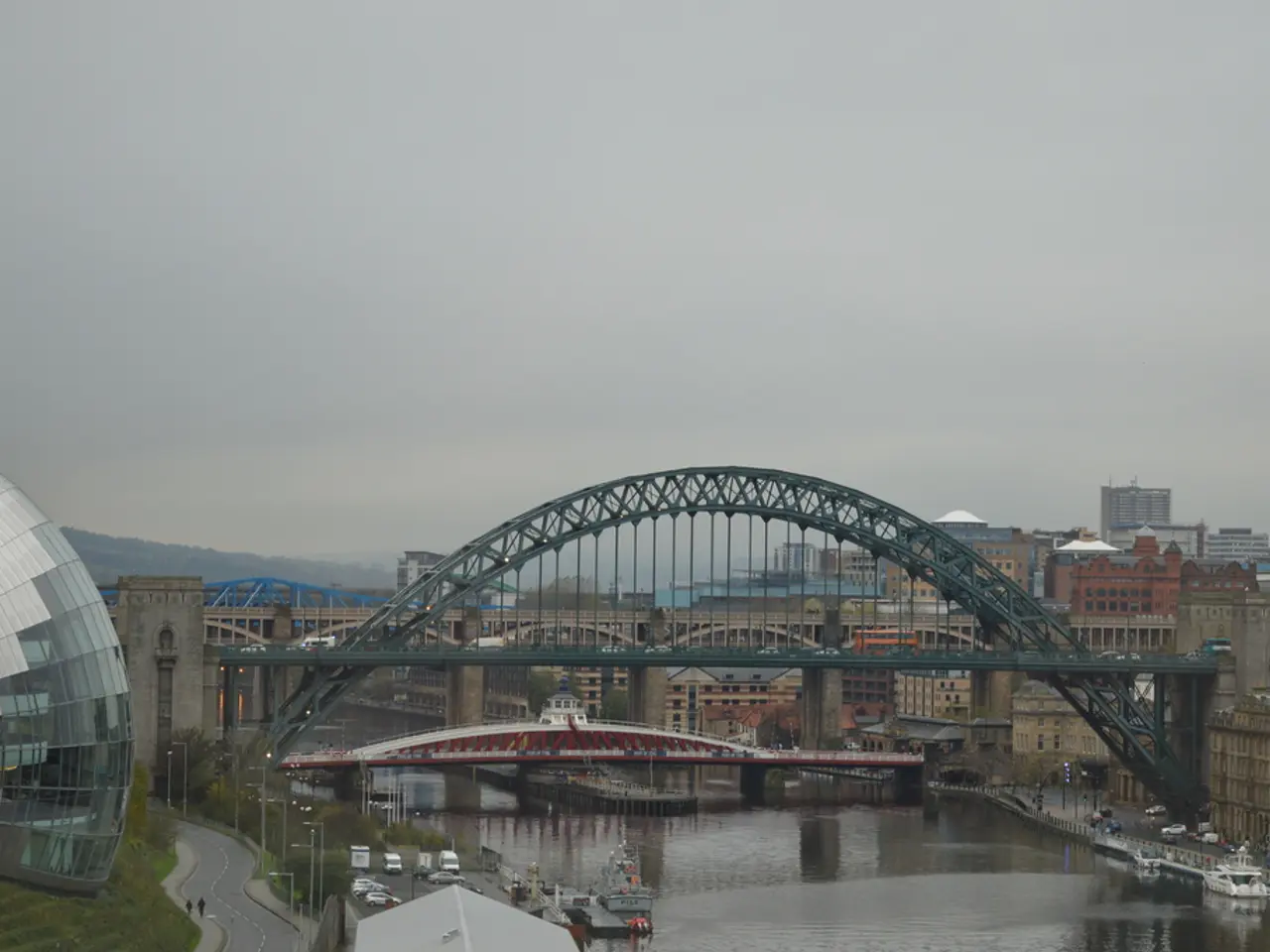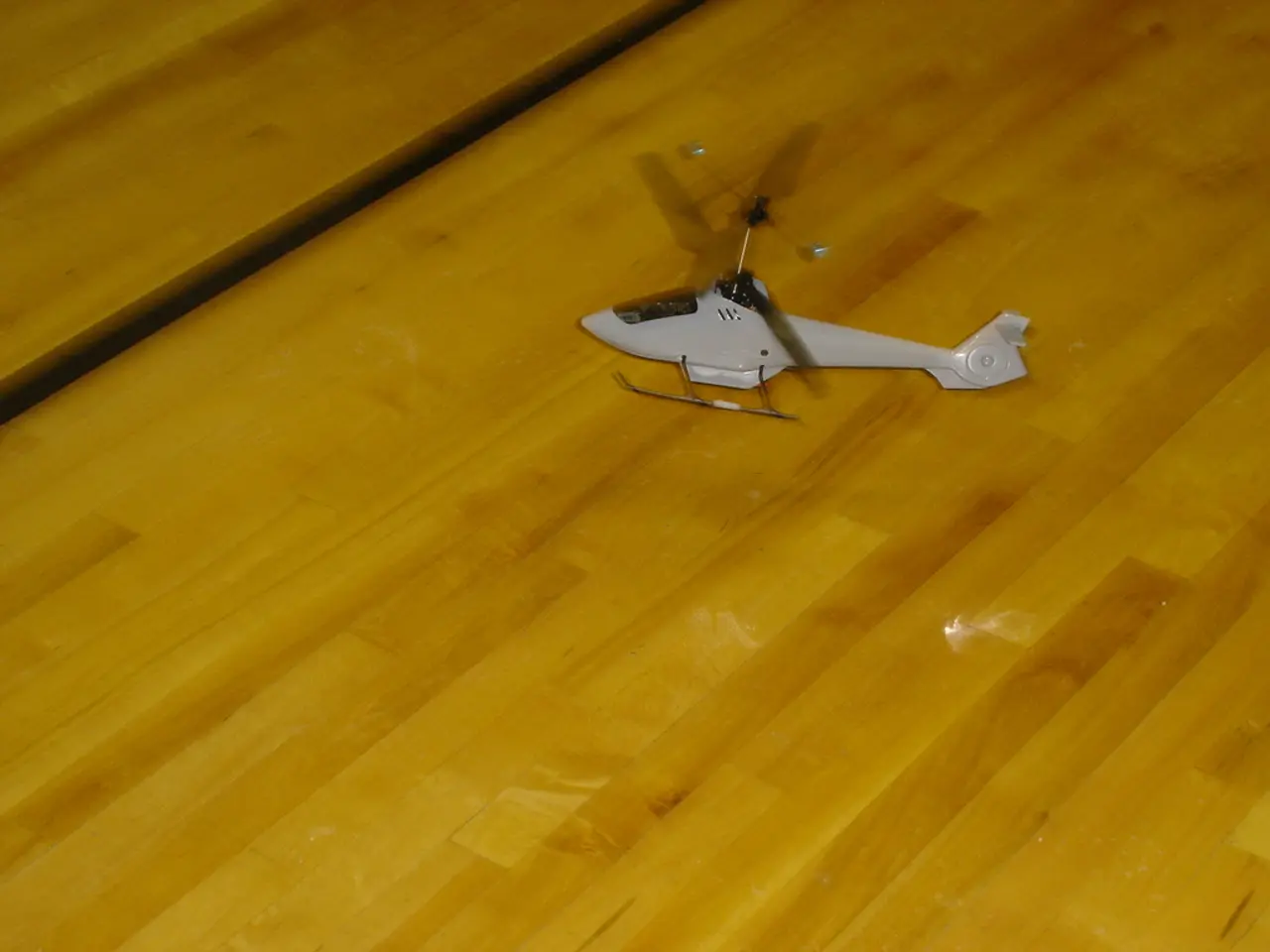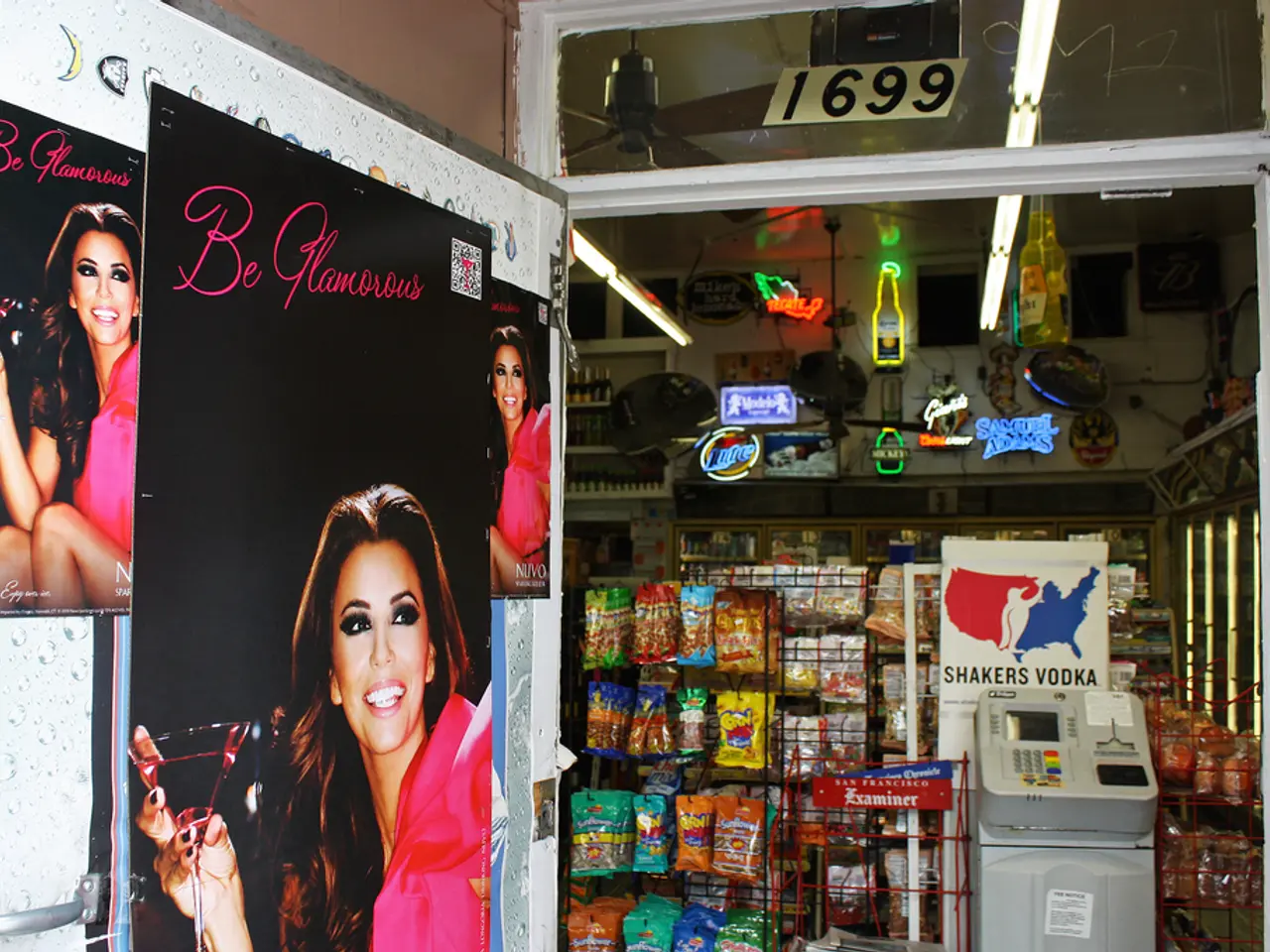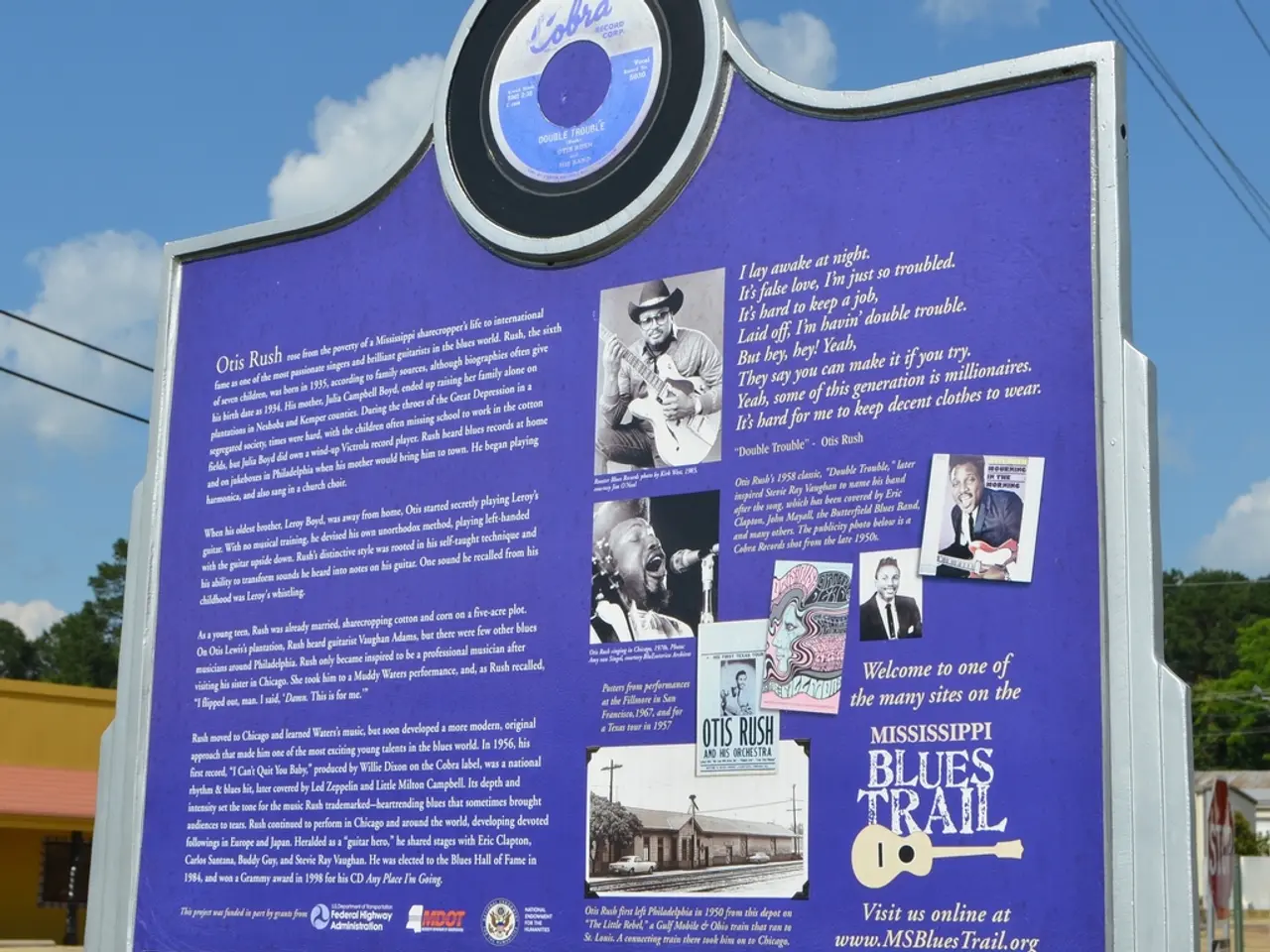World Bank Prepares to Facilitate Climate Damage Fund as Negotiators Establish Loss and Damage Framework Prior to COP28, Facing Apprehensions
The Fund for Responding to Loss and Damage (FRLD), a much-anticipated international fund aimed at helping vulnerable countries deal with the harm caused by global warming, has been established following agreements at COP27 and the Loss and Damage implementation framework agreed upon at Technical Committee 5 (TC5). However, the fund is currently not meeting the scale of need.
As of mid-2025, the FRLD had total pledges amounting to approximately $788.68 million, but only about $348 million is actually available to disburse. This is a stark contrast to the funding needs for economic damages in vulnerable developing countries, which are estimated at around $395 billion for 2025 alone.
Developing country representatives and civil society have called for the Fund to program at least $100 billion per year by 2030 to adequately respond to escalating climate disasters. This is significantly higher than current levels and highlights the vast shortfall between pledged and available resources.
The interim Trustee of the Fund is the World Bank, managing contributions and coordinating disbursements while the Fund’s independent Secretariat is being set up. The Fund accepts contributions from diverse sources, including public grants, concessional loans, private, and innovative financing. However, there is resistance against relying on private sector involvement due to concerns about profiteering from suffering.
The agreement on the Loss and Damage Fund includes a provision making payments to the Fund voluntary. This has raised concerns among developing countries and climate justice advocates, who argue that industrialized nations, responsible for about 80% of historical greenhouse gas emissions, should pay for the damage they caused.
The agreement on the Loss and Damage Fund was placed on the summit's agenda for the first time in nearly three decades. Lien Vandamme, Senior Campaigner at the Center for International Environmental Law (CIEL), believes the Fund fails to deliver on justice, equity, and human rights. Vandamme argues that international law is clear about the legal obligations of States in the context of climate change and the consequences of breaching those.
All eyes are now on world leaders and negotiators who will take up the Committee's recommendations at COP28, set to begin on November 30 in Dubai. Developing countries and civil society continue to pressure wealthier nations to fulfill their financial commitments rapidly and to provide new, predictable, and grant-based funding to effectively address the growing impacts of climate crises.
For further information, read "Climate Finance: Are Rich Nations Doing Enough?" and "What Can We Expect From COP28, And What Must Happen?"
[1] Climate Action Tracker, (2023). "Assessing the Loss and Damage Fund: A Step Forward, but Far From Enough." [Online] Available at: https://www.climateactiontracker.org/blog/assessing-the-loss-and-damage-fund-a-step-forward-but-far-from-enough/
[2] United Nations Framework Convention on Climate Change, (2023). "COP28: A New Collective Quantified Goal (NCQG) for Climate Finance." [Online] Available at: https://unfccc.int/process-and-meetings/the-convention/cop28/the-new-collective-quantified-goal-ncqg-for-climate-finance
[3] World Bank, (2023). "The Fund for Responding to Loss and Damage (FRLD): A New Era in Climate Finance." [Online] Available at: https://www.worldbank.org/en/topic/climatechange/feature/the-fund-for-responding-to-loss-and-damage-frld-a-new-era-in-climate-finance
[4] Oxfam International, (2023). "COP28: A Make-or-Break Moment for Climate Justice." [Online] Available at: https://www.oxfam.org/en/pressroom/pressreleases/2023-09-cop28-make-or-break-moment-climate-justice
- The Fund for Responding to Loss and Damage (FRLD), a newly established international fund, is currently not meeting the scale of need for addressing the economic damages caused by climate change in vulnerable developing countries.
- Developing countries and climate justice advocates have called for the FRLD to program at least $100 billion per year by 2030 to adequately respond to escalating climate disasters, significantly higher than current levels.
- The World Bank is the interim Trustee of the FRLD, managing contributions and coordinating disbursements while the Fund’s independent Secretariat is being set up.
- The agreement on the Loss and Damage Fund includes a provision making payments to the Fund voluntary, a concern among developing countries and climate justice advocates who argue that industrialized nations should pay for the damage they caused due to their significant role in historical greenhouse gas emissions.
- The establishment of the FRLD was placed on the summit's agenda for the first time in nearly three decades, with Lien Vandamme, Senior Campaigner at the Center for International Environmental Law (CIEL), believing the Fund fails to deliver on justice, equity, and human rights.
- As the COP28 meetings approach, world leaders and negotiators will take up the Committee's recommendations, with developing countries and civil society continuing to pressure wealthier nations to rapidly fulfill their financial commitments and provide predictable grant-based funding for effectively addressing the growing impacts of climate crises.




